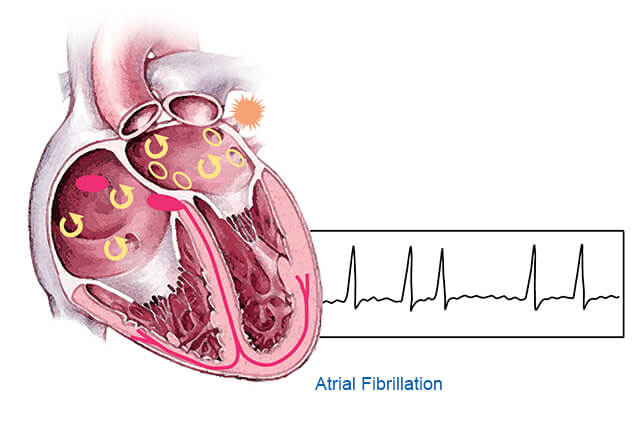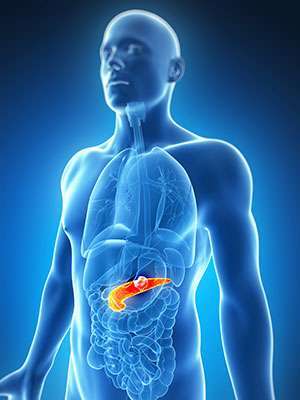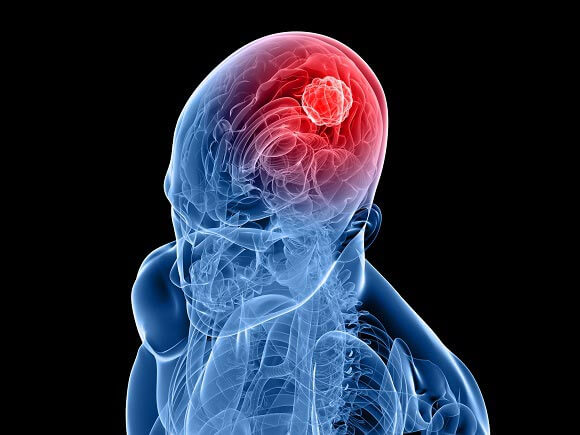
Vitamin D deficiency causes problems with bone strength and density, including osteoporosis (brittle bones) and fractures. It also leads to softened and bowed bones in children, called rickets, and in adults, it causes a condition called osteomalacia.
It’s most likely to happen when you don’t get enough sun or eat enough dietary sources of vitamin D. Talk to your doctor if you are at risk.
1. Bone Pain
Vitamin D, sometimes called the sunshine vitamin, promotes strong bones and helps your body fight off germs and carry nerve messages to and from your brain. Deficiency can cause muscle pain, weakness and bone pain in people of all ages.
Older adults who spend most of their time indoors and people with malabsorption disorders (such as celiac disease or inflammatory bowel disease) are more likely to develop a deficiency. Certain kidney and liver diseases interfere with enzymes that create the biologically active form of vitamin D, and some medications (such as anti-seizure drugs or rifampin) also reduce active vitamin D levels.
In infants, a severe deficiency causes rickets, a condition in which the bones bend or bow. In adults, it leads to soft bones (osteomalacia) and an increased risk of fractures.
2. Muscle Pain
Vitamin D, referred to as the sunshine vitamin, is key for bone health and absorbing calcium. It also keeps your immune system strong and can help regulate insulin levels.
If you have muscle pain that doesn't go away, it may be a sign of vitamin D deficiency. Vitamin D helps the muscles absorb calcium, so low vitamin D levels can cause a lack of calcium which leads to pain.
People with darker skin need more time in the sun to make enough vitamin D, and those who are confined to long-term care or have limited exposure to sunlight are at greater risk of deficiency. People with gastrointestinal diseases, like Crohn's disease or celiac disease, that interfere with the ability to properly absorb nutrients also face deficiency.
3. Loss of Appetite
The body makes vitamin D when the skin is exposed to sunlight. It also occurs naturally in some foods and can be found in fortified milk and grain products.
A loss of appetite can be a sign of vitamin D deficiency, according to a 2015 study published in the Journal of Clinical Endocrinology & Metabolism. A lack of vitamin D can also contribute to diabetes and obesity, which increases the risk of heart disease.
A person with a vitamin D deficiency should talk to their healthcare provider. They can give advice on eating a healthy diet that includes plenty of vitamin D and how to get enough sun exposure. They can also prescribe vitamin D supplements, which come in two forms: D2 (ergocalciferol) and D3 (cholecalciferol). Too much vitamin D can be harmful because it causes too much calcium to build up in the blood.
4. Fatigue
Vitamin D is important for healthy bones, and it helps the body fight off germs and sends messages to the brain. However, if your vitamin D levels are too low, you may be more prone to fatigue.
Fatigue can be caused by many things, including anemia, sleep apnea, heart disease, high blood pressure, depression, and even vitamin deficiencies. However, you can make simple lifestyle changes to reduce your feelings of fatigue.
Get enough sunlight, and eat foods that are rich in vitamin D. Supplements can also help you achieve normal vitamin D levels, but make sure to discuss your options with your doctor. In addition, try to avoid smoking and drinking alcohol in excess. These unhealthy habits can cause fatigue, and they may interfere with your health goals.
5. Depression
Depression is a common condition that can be linked to a variety of health issues, including vitamin D deficiency. The nutrient helps to regulate the hypothalamic-pituitary-adrenal axis, which in turn affects the production of monoamine neurotransmitters like epinephrine and norepinephrine. Researchers also believe that vitamin D shepherds neurons in the brain to their proper locations during development, and that a deficiency can lead to impaired cognition and depression.
Primary care doctors are increasingly screening for vitamin D deficiency in patients with fatigue, depression and bone problems. Doctors may prescribe talking therapies, medication or dietary changes to address the symptoms. Depression and vitamin D deficiency are separate conditions, but treatment for one can help to alleviate the other's symptoms. However, it's important to talk to a healthcare professional before making any significant changes to your diet.




